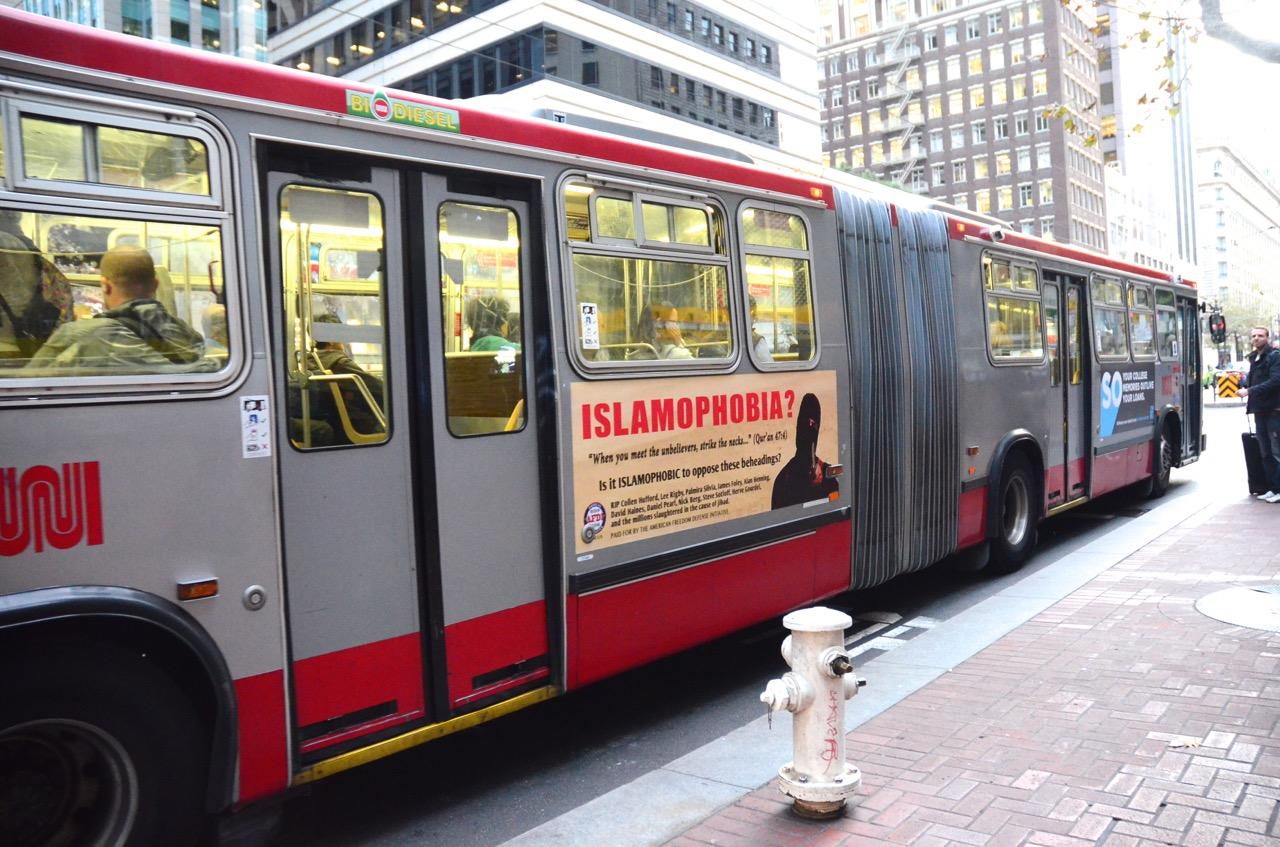In California, as in other states across the country, Latino migration has always been met by ambivalence. On the one hand, California’s economic industries have welcomed Latino laborers throughout its history as a source of cheap labor. On the other hand, during times of economic recession or resource scarcity, a popular response to Latino presence has been to adopt restrictive anti-immigrant measures. For example, in the 1930s (during the Depression) and in the 1950s (at the height of the Cold War), Mexicans and Mexican Americans were repatriated across the border. During both repatriations, California deported the highest number of people of Mexican descent.
More current measures passed in California are much less extreme than those of the past. Yet ambivalence toward Latino migrants continues to surface in the form of restrictionist and anti-affirmative-action measures within the state of California. Throughout the 1990s, California constituents approved several measures that impacted the lives of both migrant and native-born Latinos alike. The legality of some of these measures continues to be debated.
Several of the most notable anti-immigrant pieces of legislation drafted throughout the 1990s were Proposition 187, Proposition 209, and Proposition 227. Proposition 187, passed in the California state legislature in November of 1994, denied undocumented migrants and their children access to publicly funded programs, including health care and K-12 education. The successful passage of this proposition was based on an inflammatory anti-immigrant campaign that blamed undocumented Mexican migrants for flooding the state and overtaking public resources. The campaign’s successful use of images of undocumented migrants crossing into San Ysidro and dashing across the freeway to avoid being stopped by migration swayed California’s residents to vote for the measure. Convinced by the rhetoric, people did not question either the racist undertones of the campaign or the figures presented.
A consequence of this legislation is that all Latinos became suspect under the law; distinctions between migrant and native-born Latinos were lost. Consequently, Proposition 187 resulted in mounting resentment among Latinos who felt they were unjustly depicted as parasites to the system, neglecting their many positive contributions, including the payment of taxes. Many more resented that Latino had become synonymous with illegal or undocumented, when many Latinos living in California were citizens who had been in California for generations. The passing of Proposition 187 was followed by injunctions filed by the Mexican American Legal Defense and Educational Fund (MALDEF), the American Civil Liberties Union (ACLU), and other civil rights groups, citing the unconstitutional nature of its provisions. Proposition 187 would eventually be declared unconstitutional in 1998, 4 years after its passage.
The passage of Proposition 187 produced a conservative fervor that contributed to the creation and passage of a proposition passed in 1996, Proposition 209. Called the Civil Rights Initiative, this proposition eliminated affirmative action in state-run agencies and educational institutions. This measure won by a larger majority than Proposition 187. Finally, in 1998, California voters also passed Proposition 227, requiring that all public-school instruction be conducted in English. This act effectively eliminated bilingual education, with the exception of intensive yearlong English immersion programs developed for new migrant youth.
While not directed exclusively at Latinos in the state, these pieces of legislation had enormous consequences for both migrant and native-born Latinos living in California. Certainly a negative consequence was that Latinos continued to feel targeted by exclusionary measures regardless of their legal status in the United States. Latinos felt stigmatized by Proposition 187 and further marginalized by Proposition 209. But rather than rendering Latinos victims, the passage of Proposition 187 stirred a new wave of Latino consciousness. Latinos, who by 1995 represented more than 26 percent of the population, responded in two significant ways: registering to vote and attaining citizenship. As a result of these actions, Latinos became a major voting constituency that has helped to transform the face of state and local politics. At the state level, currently one in four assembly members is Latino, and Lieutenant Governor Cruz Bustamante became the first Latino to be elected speaker of the assembly. At local levels, California voters elected Latino mayors in several of the largest cities, including San Jose and Los Angeles, not to mention all the city councilmen and councilwomen who were also elected into their positions.
California Migration Backlash Photo Gallery
Maybe You Like Them Too
- The Best Cities To Visit in The World
- World’s 10 Best Places To Visit
- Coolest Countries in the World to Visit
- Travel to Santorini, Greece
- Map of Barbados – Holiday in Barbados








